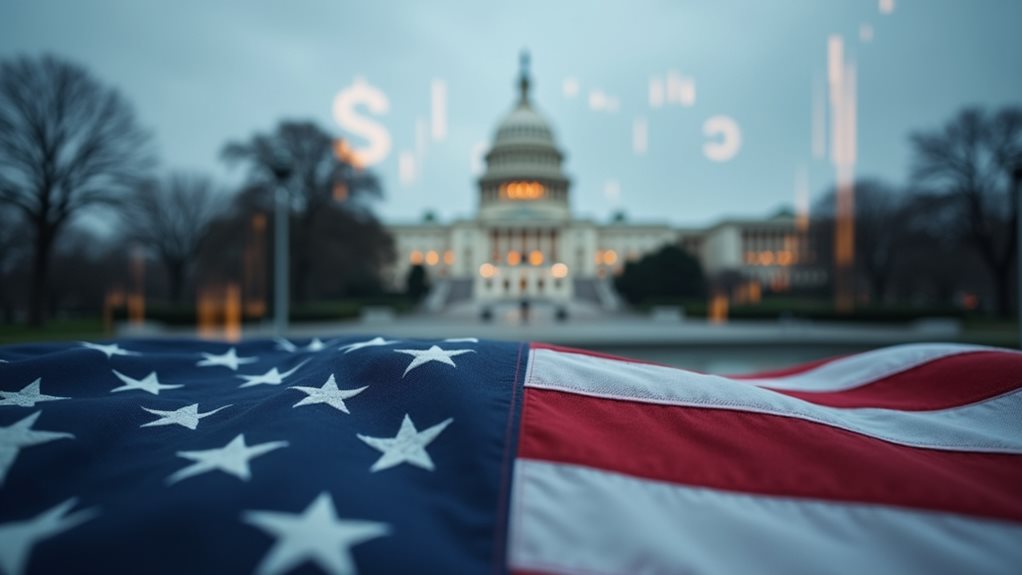The DOJ is investigating Dragonfly Capital over its 2020 investment in PepperSec, the company behind Tornado Cash. Prosecutors are digging through emails and meeting records to determine if the VC firm had operational influence over the privacy mixer now linked to money laundering. Dragonfly insists it was backing legitimate innovation, not criminal activity. The case could set a massive precedent for how crypto VCs get held liable for their portfolio companies’ actions—and the implications stretch far beyond one firm.

The winds of regulatory change are howling through Silicon Valley‘s crypto corridors, and Dragonfly Capital just found itself squarely in the Department of Justice‘s crosshairs. The DOJ is eyeing potential charges against the prominent venture capital firm over its 2020 investment in PepperSec, Inc., the company behind Tornado Cash developers. This isn’t your typical slap-on-the-wrist regulatory action—it’s a potential game-changer.
What makes this case particularly spicy? It could be the first time federal prosecutors go after a crypto VC firm for what its portfolio companies did. That’s unprecedented territory, folks. The investigation centers on sanctions violations and money laundering allegations tied to Tornado Cash, the privacy-focused mixing protocol that’s been flagged for enabling illicit transactions.
This groundbreaking case could establish the first precedent for prosecuting crypto VCs over their portfolio companies’ alleged criminal activities.
But here’s where it gets interesting. The DOJ isn’t merely looking at Dragonfly’s checkbook. Prosecutors are digging through internal communications, emails, and meeting records to determine if the firm’s role went beyond passive investment into actual advisory territory. If they can prove Dragonfly had operational influence over Tornado Cash developers, that changes everything.
Dragonfly’s managing partner is pushing back hard, defending the investment as legitimate support for privacy technology within FinCEN guidelines. The firm argues they were simply backing innovation, not criminal activity. Their officials are now publicly warning that holding investors liable could kill privacy tech development entirely.
The stakes couldn’t be higher for the entire crypto VC ecosystem. Legal experts are watching closely because this case could completely reshape liability frameworks. Where exactly is the line between providing capital and accepting responsibility for how that capital gets used? Courts may finally have to answer that question.
The DOJ’s enforcement strategy has clearly shifted toward targeting individuals and firms with demonstrable criminal intent rather than mere regulatory violations. They’re focusing on fraud and willful misconduct, rather than just paperwork problems. This approach aligns with recent asset seizures and charges against multiple crypto firms facilitating money laundering. Similar money laundering operations have utilized complex schemes involving cross-chain swaps to move illicit funds across different blockchain networks before final consolidation.
Industry watchdogs are calling for clearer guidelines to define investor responsibilities in decentralized projects. Because right now, nobody really knows where the boundaries are. The legal battle coincides with the ongoing trial of Tornado Cash co-founders who are facing their own money laundering charges.









